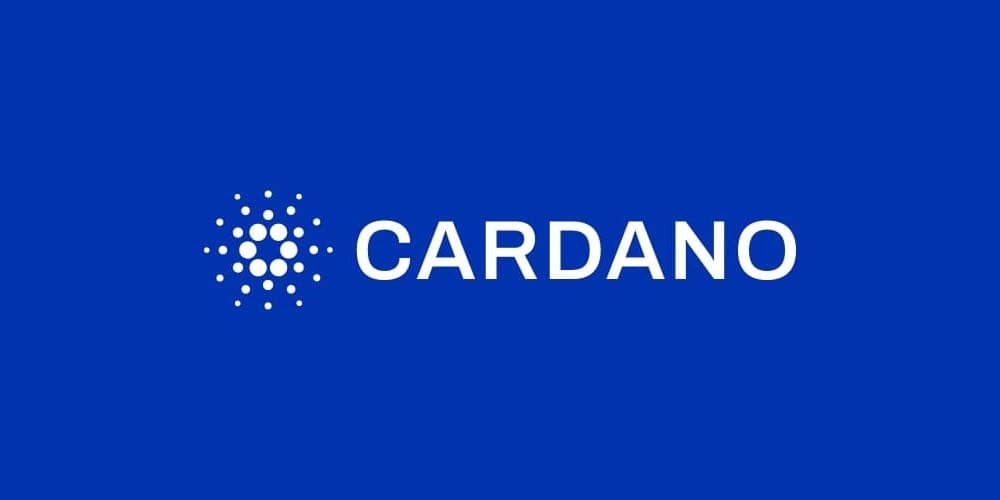Ripple, a leader in blockchain-based financial solutions, has achieved a major milestone by securing a regulatory license from the Dubai Financial Services Authority (DFSA). This approval allows Ripple to provide secure crypto payment services within the Dubai International Financial Centre (DIFC), a key financial hub. This landmark authorization positions Ripple as the first blockchain-enabled payments provider to receive such a license from the DFSA, reinforcing its credibility and strengthening its market position in the region.
The regulatory approval represents a pivotal step in Ripple’s broader mission to integrate blockchain technology within global financial systems. By securing the DFSA license, Ripple not only gains legitimacy but also demonstrates its commitment to operating within a structured regulatory framework. This enhances trust among financial institutions and enterprises seeking to adopt crypto-based payment solutions. The move is expected to unlock new business opportunities and foster the growth of digital payments in the Middle East.
Ripple's Expansion and Regulatory Milestones
The UAE’s regulatory approval adds to Ripple’s growing list of international licenses. With over 60 regulatory approvals globally—including from the Monetary Authority of Singapore, the New York Department of Financial Services, and the Central Bank of Ireland—this milestone further solidifies Ripple’s reputation as a compliant and forward-thinking fintech company. The extensive regulatory backing showcases its ability to navigate complex financial rules across multiple jurisdictions while facilitating seamless cross-border transactions.
By formally entering the UAE market, Ripple is now positioned to offer enhanced digital payment solutions tailored for businesses and financial institutions in the region. The DFSA license enables businesses to access Ripple’s blockchain-based payment infrastructure, facilitating faster and more cost-effective transactions. This further strengthens Ripple’s role in revolutionizing cross-border payment systems, providing a viable alternative to traditional banking frameworks.
The UAE as a Crypto and Blockchain Hub
The UAE has consistently established itself as a leading financial hub, embracing innovation and digital asset adoption. With its progressive regulatory landscape, the country has attracted a variety of blockchain-based enterprises, making it an ideal destination for companies like Ripple. The DIFC serves as the region’s premier financial center, offering state-of-the-art infrastructure tailored for financial services, fostering an environment of growth and expansion.
Ripple’s license in Dubai underscores the increasing need for seamless and efficient payment mechanisms within the Middle East, Africa, and South Asia. Surveys indicate that 64% of finance leaders in these regions prioritize faster payment solutions, while 82% express confidence in blockchain-driven financial services. By leveraging this growing demand, Ripple aims to address inefficiencies associated with traditional banking channels and support a transition towards more efficient digital remittances and B2B payments.
Market Implications for Cryptocurrency and Blockchain Firms
Ripple’s successful regulatory approval in Dubai may serve as a benchmark for other crypto firms seeking similar recognition in major financial hubs worldwide. The UAE’s proactive stance on blockchain technology could encourage additional financial regulators to consider licensing blockchain-based payment solutions, fostering further institutional adoption.
Moreover, Ripple’s approval demonstrates its steadfast adherence to financial compliance, positioning it favorably among banks and institutional investors. As digital assets gain mainstream acceptance, Ripple’s leadership in regulatory compliance may spur further market confidence, encouraging broader implementation of blockchain-powered financial solutions across various sectors.
Potential Challenges and Regulatory Considerations
Despite the advantages of this regulatory breakthrough, challenges remain. Stringent scrutiny from financial authorities necessitates continuous adherence to evolving laws and risk mitigation strategies. Ripple must ensure compliance with both local and international financial standards to address key concerns, such as anti-money laundering (AML) regulations and fraud prevention measures.
Additionally, the volatility of the crypto market could impact Ripple’s broader business strategy. While blockchain innovation continues to gain traction, unpredictable regulatory shifts in different regions could present operational risks. However, Ripple’s established presence in the DIFC and its global network of approvals provide it with the agility needed to navigate these challenges while expanding its services across new jurisdictions.
Conclusion
Ripple’s attainment of the DFSA license marks a defining moment in the evolution of crypto-based financial services. The approval not only strengthens Ripple’s position in the UAE but also sets a precedent for regulatory-backed blockchain adoption worldwide. Institutions and enterprises exploring digital asset integrations will benefit from Ripple’s compliance-driven approach, fostering trust and accelerating innovation in the sector.
As the financial landscape continues to evolve, regulatory milestones like this will shape the next generation of payment services. Ripple’s leadership within the industry may inspire additional firms to seek regulatory approvals, driving forward the broader adoption of blockchain-based financial solutions across global markets.





Comments